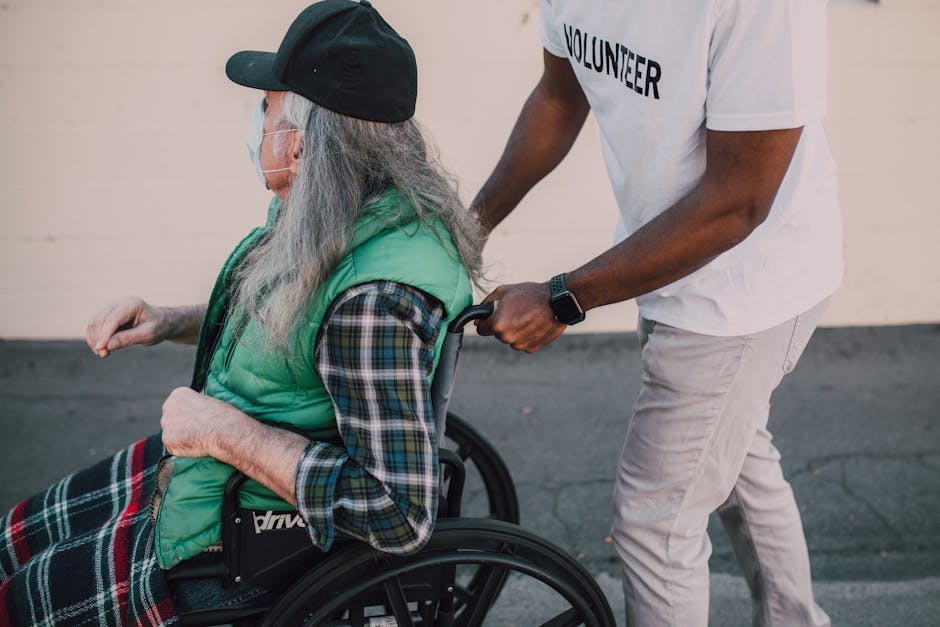Tips for Supporting Social Causes: A Comprehensive Guide
In today’s interconnected world, supporting social causes has become more important than ever. Whether it’s advocating for human rights, environmental sustainability, or providing aid to marginalized communities, there are numerous ways individuals can make a positive impact on society. However, navigating the complex landscape of social activism can be daunting, leading many to wonder how they can best contribute to causes they care about. In this article, we will delve into various tips for supporting social causes, exploring different strategies, tools, and approaches to create meaningful change.
The Power of Individual Action

One common misconception is that only large-scale organizations or governments have the power to effect change. In reality, individual actions can have a significant impact on social causes. Whether it’s donating to a charitable organization, volunteering your time, or simply spreading awareness on social media, every small effort counts. By mobilizing individuals around a common cause, grassroots movements can gain momentum and create lasting change. For example, the #MeToo movement, which started as a grassroots campaign on social media, has brought attention to issues of sexual harassment and assault on a global scale.
Choosing the Right Cause

When deciding which social causes to support, it’s essential to choose issues that align with your values and interests. Consider what matters most to you and where you can make the most impact. Whether it’s advocating for LGBTQ rights, environmental conservation, or racial justice, finding a cause that resonates with you personally will keep you motivated and engaged in the long run. Research different organizations and campaigns working on your chosen cause to find the best fit for your support.
Education and Awareness

One of the most vital aspects of supporting social causes is educating yourself about the issues at hand. Take the time to learn about the root causes of social problems, the history of social movements, and the current state of affairs. By understanding the complexities of social issues, you can better advocate for change and engage in meaningful conversations with others. Share articles, videos, and resources on social media to raise awareness and spark dialogue within your community.
Volunteering and Community Involvement

Volunteering your time and skills is a powerful way to support social causes directly. Many organizations rely on volunteers to run programs, organize events, and provide services to those in need. Whether it’s serving meals at a local shelter, tutoring underprivileged children, or participating in a beach clean-up, there are countless ways to get involved in your community. By volunteering, you can make a tangible impact on the lives of others and build connections with like-minded individuals.
Donating Wisely
Financial support is crucial for many social causes, but it’s essential to donate wisely to ensure your money is making a real difference. Before giving to a charity or nonprofit organization, research their mission, programs, and financial transparency. Look for organizations with a proven track record of impact and accountability. Consider setting up a recurring donation to support causes you care about on an ongoing basis. Additionally, explore alternative ways to give back, such as donating goods or services to those in need.
Advocacy and Activism
Advocacy and activism are powerful tools for driving social change and influencing policy decisions. Whether it’s signing petitions, writing to your elected officials, or participating in protests and demonstrations, there are many ways to advocate for social causes at a systemic level. Joining forces with like-minded individuals and organizations can amplify your impact and bring about meaningful policy changes. By speaking out against injustice and inequality, you can contribute to creating a more just and equitable society.
Supporting Marginalized Communities
Many social causes focus on uplifting marginalized communities and addressing systemic inequalities. It’s essential to center the voices and experiences of those most affected by social issues in your advocacy efforts. Listen to the stories of marginalized individuals, amplify their voices, and work to dismantle the structures of oppression that perpetuate inequality. Support organizations led by and serving marginalized communities, and advocate for policies that promote equity and justice for all.
Measuring Impact and Reflecting on Your Work
As you engage in supporting social causes, it’s crucial to reflect on your efforts and measure your impact. Keep track of the outcomes of your actions, whether it’s the number of hours volunteered, funds raised, or policy changes influenced. Reflect on what worked well and what could be improved in your approach to supporting social causes. By evaluating your impact and learning from your experiences, you can become a more effective advocate and ally for social change.
Common Misconceptions
One common misconception about supporting social causes is that it requires a significant amount of time and resources. While dedicating time and resources to social causes is essential, even small actions can make a meaningful difference. Whether it’s signing a petition, sharing an article on social media, or having a conversation with a friend, every effort contributes to creating positive change. Additionally, some may believe that individual actions have little impact on large-scale social issues. However, individual actions can snowball into collective movements that drive systemic change over time.
Conclusion
To wrap things up, supporting social causes is a powerful way to create positive change in the world. By educating yourself, volunteering, donating, advocating, and supporting marginalized communities, you can contribute to building a more just and equitable society. Remember that every action, no matter how small, has the potential to make a significant impact on social causes. As you embark on your journey of social activism, stay committed, stay informed, and stay engaged. Together, we can work towards a more inclusive and compassionate world for all.




